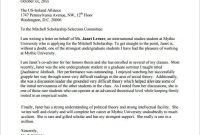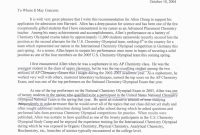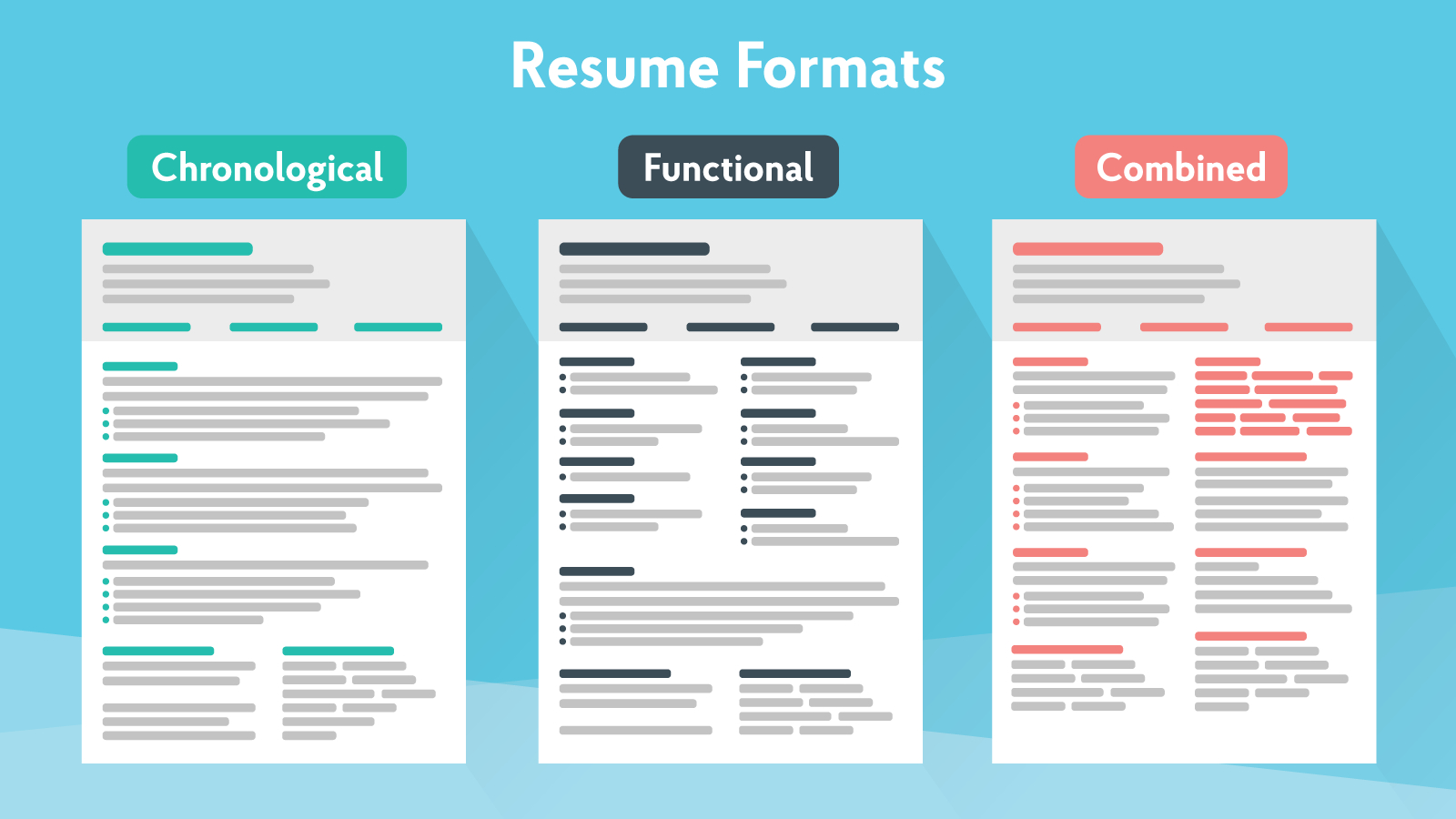 Best Resume Formats For 2020 3 Professional Templates about proportions 1600 X 900
Best Resume Formats For 2020 3 Professional Templates about proportions 1600 X 900Choosing the Best Type of Resume Template: A Comprehensive Guide
Best Type Of Resume Template To Use – In the competitive world of job hunting, your resume is your passport to your dream job. It’s your first impression of potential employers, and it’s crucial to make it count. But with so many resume templates available, how do you choose the right one? This article will guide you through selecting the best type of resume template to use, ensuring you stand out in the sea of applicants.
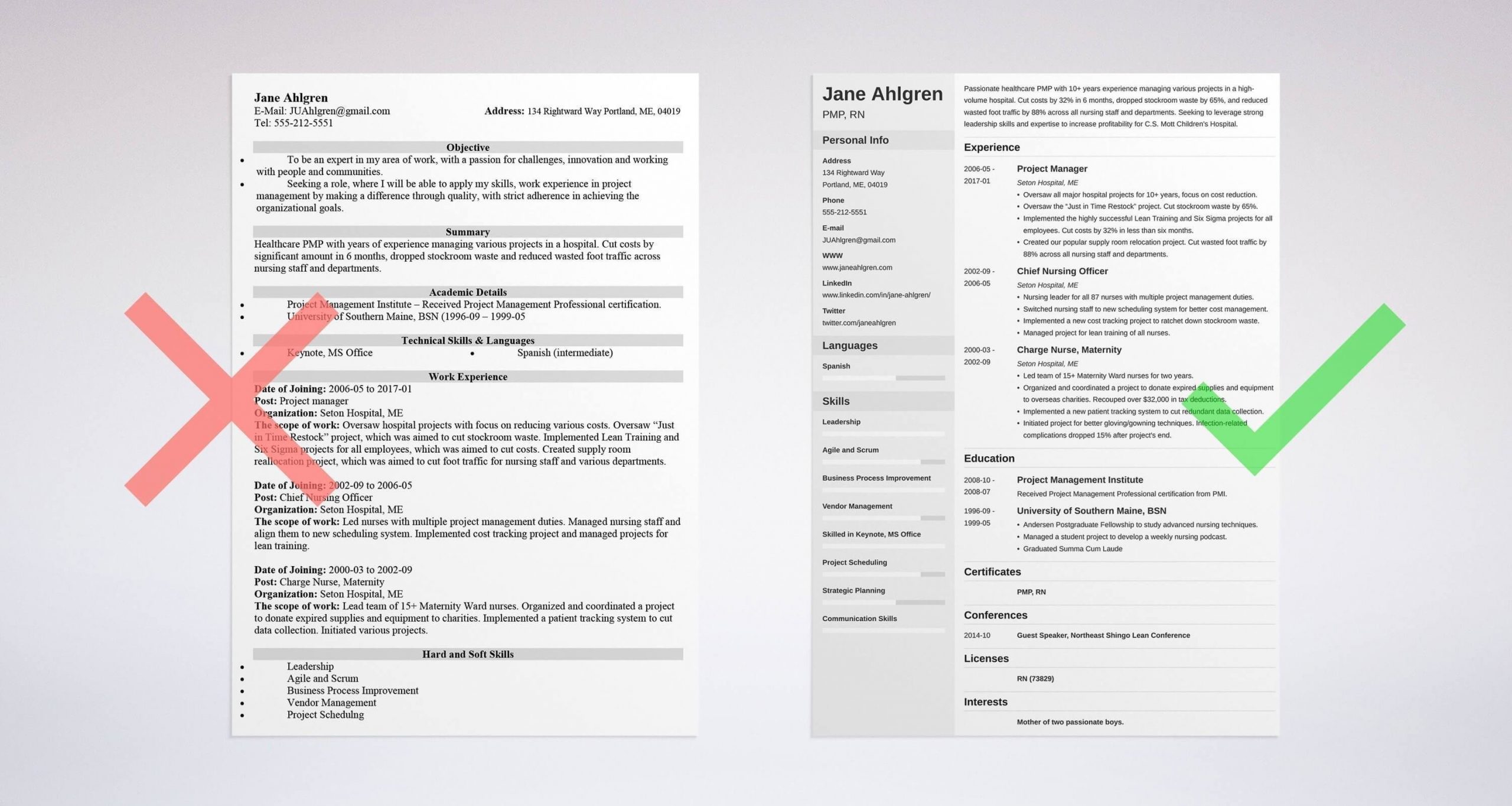 Best Resume Format 2020 Samples For All Types Of Resumes about dimensions 3000 X 1599
Best Resume Format 2020 Samples For All Types Of Resumes about dimensions 3000 X 1599Types of Resume Templates
There are three primary types of resume templates: chronological, functional, and combination. Each has its unique features, advantages, and disadvantages.
Chronological Resume Template
The chronological resume template is the most traditional and widely used format. It lists your work history chronologically, starting with your most recent job. This format is ideal for individuals with a solid work history and linear career progression.
Pros:
- Easy to read and understand
- Highlights steady work history
- Preferred by most recruiters
Cons:
- May highlight employment gaps
- Not ideal for career changers
Functional Resume Template
The functional resume template focuses on your skills and abilities rather than your work history. It’s best suited for individuals with gaps in their employment history, career changers, or those re-entering the workforce.
Pros:
- Highlights skills and abilities
- Ideal for those with varied or unrelated work experience
Cons:
- It may be viewed with suspicion by recruiters as it doesn’t provide a transparent work history
Combination Resume Template
The combination resume template is a blend of chronological and functional formats. It highlights relevant skills and abilities while also listing your work history chronologically. It’s ideal for highly skilled individuals and those looking to transition into a new industry.
Pros:
- Highlights skills while providing a clear work history
- Ideal for career changers and highly skilled individuals
Cons:
- It can be lengthy and repetitive
- It may be overwhelming for recruiters to read
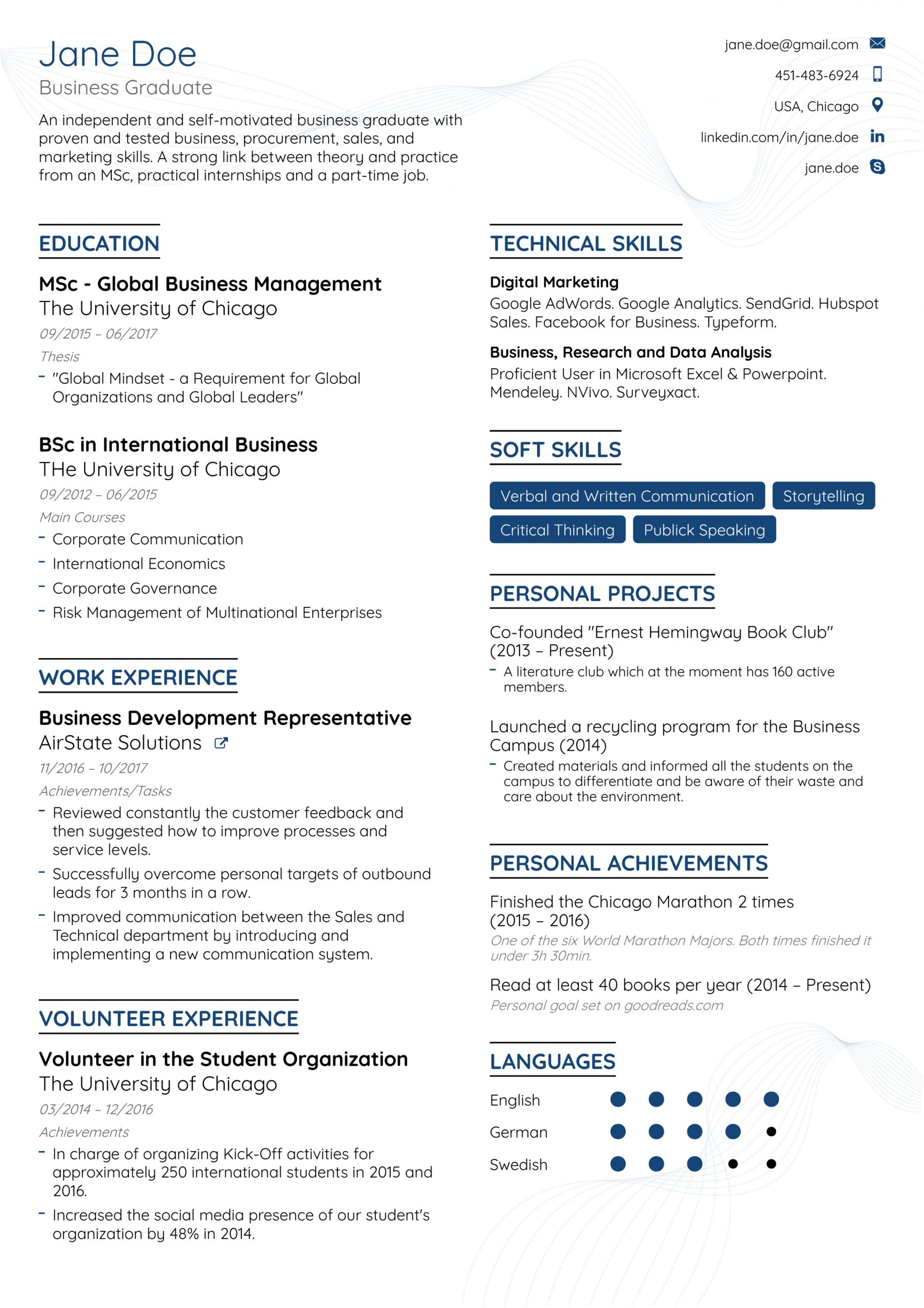 Best Resume Formats For 2020 3 Professional Templates about proportions 5050 X 7146
Best Resume Formats For 2020 3 Professional Templates about proportions 5050 X 7146Factors to Consider When Choosing a Resume Template
When choosing a resume template, consider the following factors:
Industry
Different industries have different norms and expectations for resumes. For example, creative industries may appreciate a more design-heavy overview, while traditional sectors prefer a simple, straightforward format.
Experience
Your experience level can also influence the type of resume template you should use. Fresh graduates may benefit from a functional resume highlighting their skills and education, while experienced professionals may find a chronological or combination resume more suitable.
Job Posting
Constantly tailor your resume to the job posting. Look for keywords in the job description and incorporate them into your resume. This can help your resume pass through Applicant Tracking Systems (ATS) and catch the attention of recruiters.
Personal Preferences
Finally, consider your personal preferences. Choose a template that reflects your personality and professional brand. Consider factors like the color scheme, font style, and overall design.
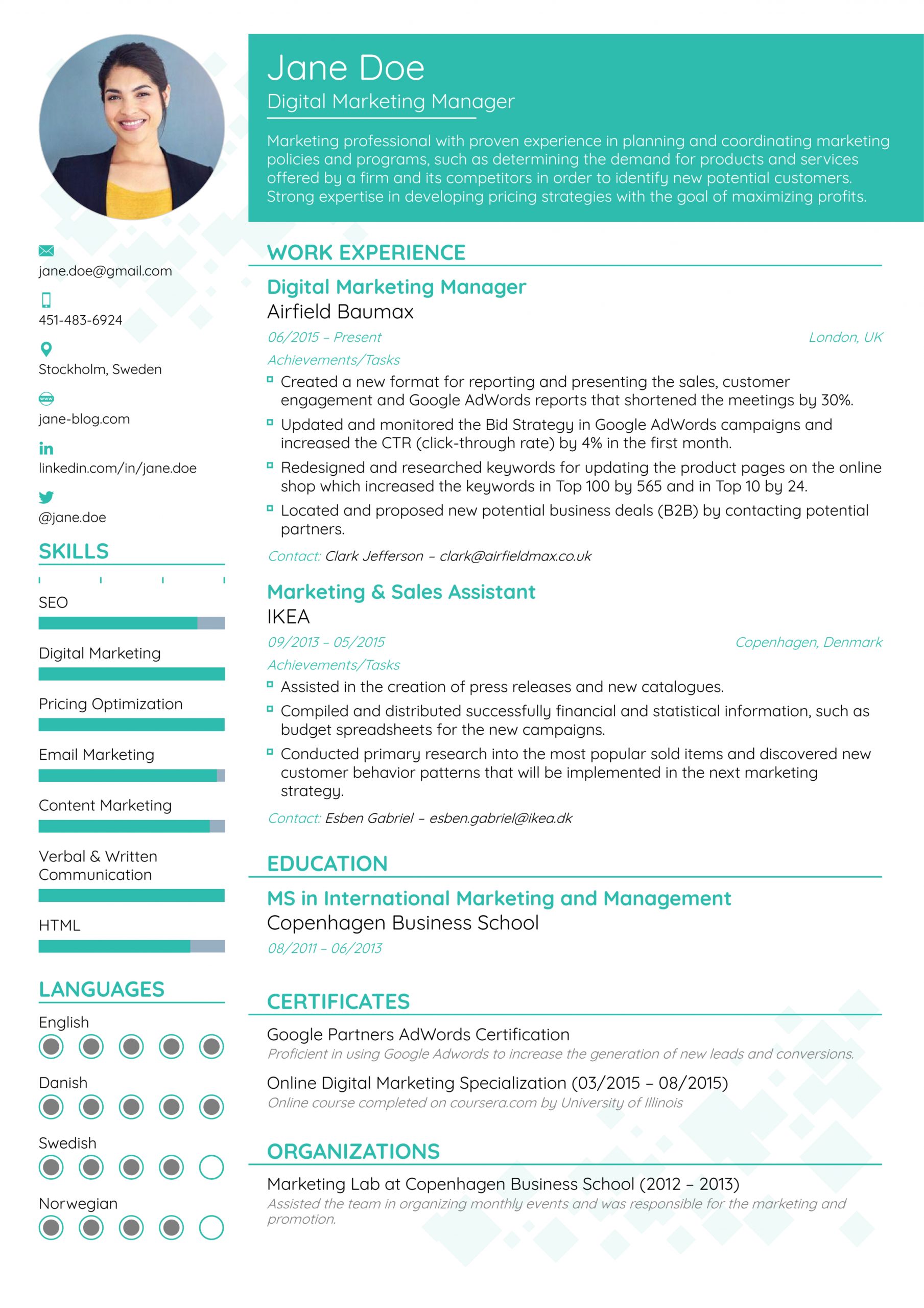 Best Resume Formats For 2020 3 Professional Templates with proportions 5050 X 7146
Best Resume Formats For 2020 3 Professional Templates with proportions 5050 X 7146Best Practices for Using a Resume Template
Once you’ve chosen a template, it’s essential to customize it to suit your needs. Maintain consistency in formatting and font styles throughout your resume. And always proofread for errors and typos. A well-polished, error-free resume speaks volumes about your attention to detail and professionalism.
In conclusion, choosing a suitable resume template is crucial in your job search journey. By considering your industry, experience, the job posting, and personal preferences, you can select a template to showcase your skills and experiences in the best light. So choose your template wisely, and take one step closer to landing your dream job.
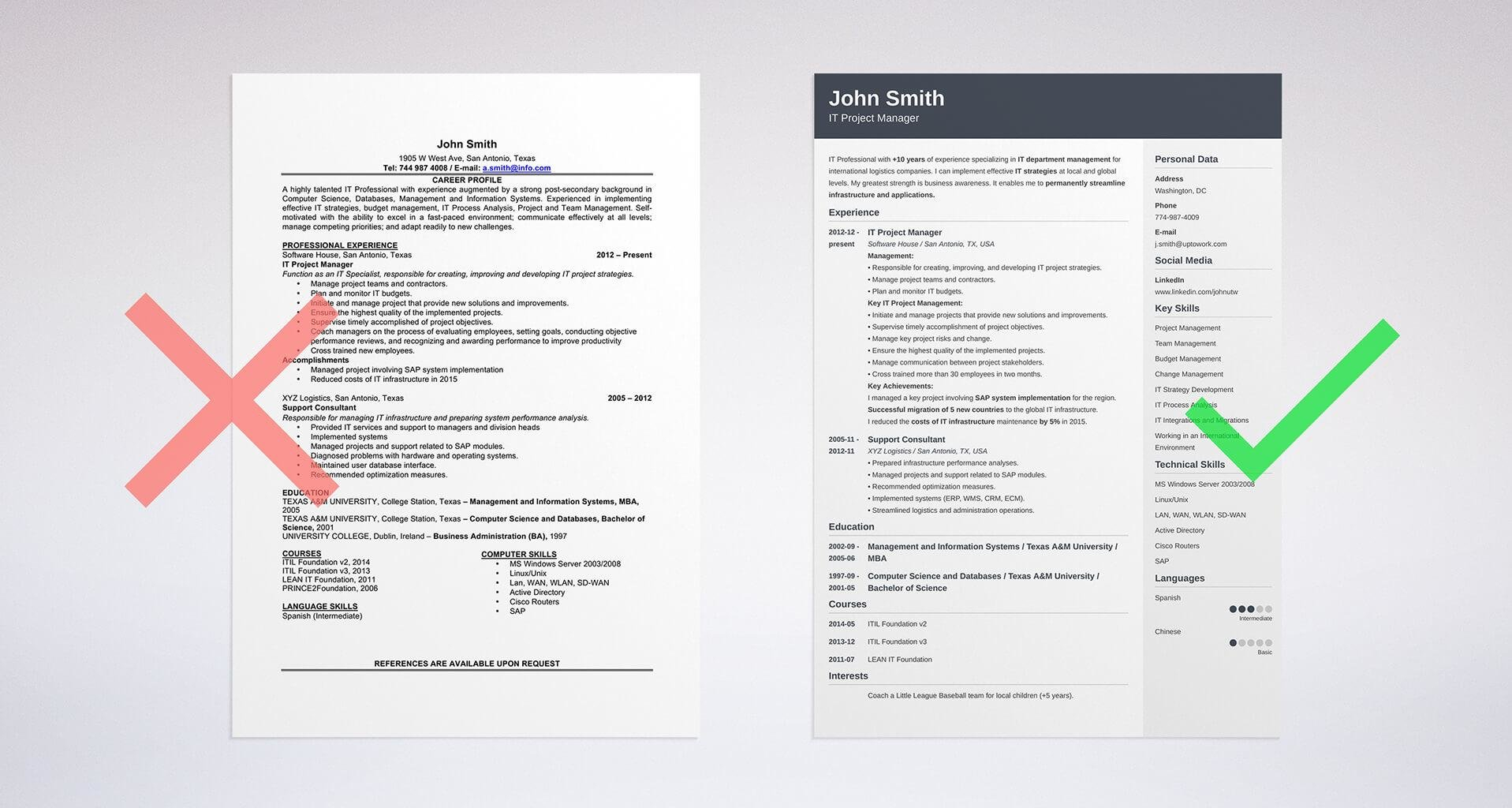 Best Resume Format 2020 Samples For All Types Of Resumes inside proportions 1917 X 1024
Best Resume Format 2020 Samples For All Types Of Resumes inside proportions 1917 X 1024FAQ
- What is the best type of resume template to use? The best kind of resume template to use depends on your circumstances. A chronological resume template may be best if you have a solid work history and linear career progression. A functional resume template may be more suitable if you have gaps in your employment history or are changing careers. If you have a lot of skills and are transitioning into a new industry, a combination resume template could be the best choice.
- Is it wrong to use a template for a resume? Not at all. A resume template can help ensure your resume is professional, organized, and easy to read. However, it’s essential to customize the template to suit your needs and stand out from other applicants.
- Which resume format should I use? The form you should use depends on your work history and career goals. A chronological format is best if you have a steady work history in the same field. A functional design is ideal if you’re changing careers or have gaps in your employment history. A combination format is excellent if you have many skills and experiences you want to highlight.
- What should I consider when choosing a resume template? When selecting a resume template, consider your industry, level of experience, the specific job posting, and personal preferences. Different industries have different norms and expectations for resumes, and the job posting can provide clues about what the employer is looking for.
- How can I customize a resume template? You can customize a resume template by changing the font and color scheme, rearranging sections to highlight your most relevant experiences and skills, and adding keywords from the job posting. Remember to maintain consistency in formatting and to proofread for errors and typos.
